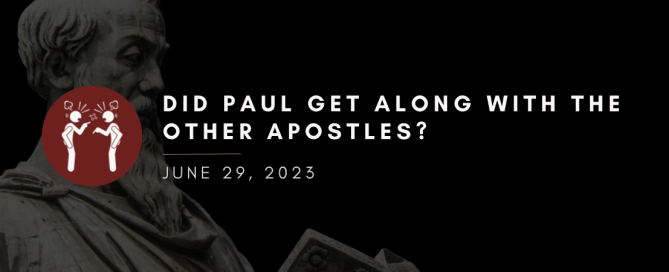Paul and His Letters
The Heretic Marcion and Forgeries of Pauline Letters
If Christians made up stories about Paul, did they also make up writings allegedly by Paul? My two previous posts were about fabricated narratives connected with Paul both from outside the New Testament and in the NT book of Acts. After posting, I realized that after lo these many years, I’ve never discussed at any length the related topic, non-canonical Pauline forgeries, writings that claim to be written by Paul but were definitely not. I leave out of consideration here the six “disputed” Pauline epistles of the New Testament – Ephesians, Colossians, 2 Thessalonians, 1 and 2 Timothy, and Titus. There are very good reasons for thinking none of these were written by Paul either (they all, of course, explicitly claim to be), but I’ve dealt with those before (see What about Forgeries IN the New Testament? Is it Possible?, Forgeries in the Name of Paul, Pauline Forgeries: 2 Thessalonians as a Test Case, for example) and will no doubt do so again. Here I’m interested in less familiar writings. You probably know [...]



